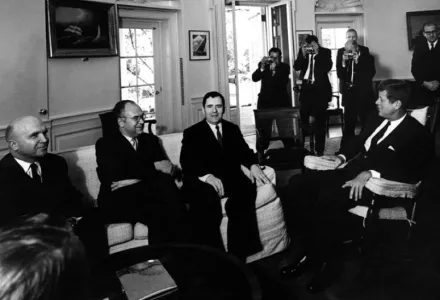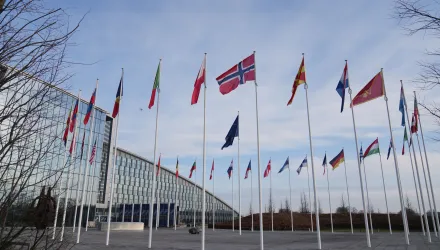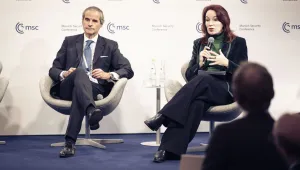How to Think About Nuclear Crises
Speakers: Mark S. Bell, Assistant Professor of Political Science, University of Minnesota Twin Cities;
Julia Macdonald, Assistant Professor in International Relations, Korbel School of International Studies, University of Denver
How dangerous are nuclear crises, and how should scholars and policymakers think about them? What dynamics govern how they unfold? The speakers argue that correctly interpreting nuclear crises—and how one thinks about the effects of nuclear weapons during these times—hinges on crisis participants' theories about processes of escalation to the nuclear level.
Please join us! Coffee and tea provided. Everyone is welcome, but admittance will be on a first come–first served basis.
Co-sponsored by Project on Managing the Atom




